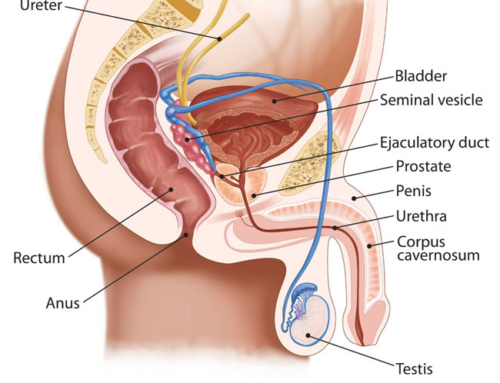Erectile dysfunction isn’t the only issue that can impact penis health. There are a number of medical conditions you should be aware of. Taking preventative measures against these issues can ensure you stay healthy in the long term.
Common Penis Health Issues
If you are experiencing any of the following problems, it’s critical that you bring it to the attention of your family doctor: erectile dysfunction, trouble ejaculating, anorgasmia (the inability to achieve orgasms), diminishing sex drive, signs of a sexual transmitted infection including unusual bumps, warts and bleeding, painful swelling, and rashes or white patches on the penis.
The above symptoms and conditions are among the most common health problems men experience. Be aware that many of these issues can be indicators of more serious health issues like heart disease or the abnormal growth of scar tissue. Left undiagnosed and untreated by a medical professional, these symptoms could progress into potentially fatal medical emergencies.
Early Prevention and Maintaining Penis Health
Many of the most common penis health issues can be avoided with careful attention to overall health, hygiene and practicing responsible sexual health habits. Here are a few ideas:
Practice Safe Sex: If you are sexually active it is important to get regular screenings done for sexually transmitted infections. Be sure to always use condoms during sexual activity.
Lead a Healthy Lifestyle: Are your overweight? Do you spend most of the day sitting? Eating a healthy diet, staying active, drinking in moderation and quitting drug use and smoking are vital to combating issues like erectile dysfunction.
Don’t Forget About Your Mental Health: Depression, anxiety and chronic stress can be huge contributors to sexual dysfunction. If you feel your emotional well-being is compromised, consider seeking out therapy.
Your penis is a part of your body that deserves just as much care as the rest of your body. Regular check-ups and an open line of communication with your doctor will help you ensure you stay ahead of any health concerns that come up. Prevention can often be the best defense.



